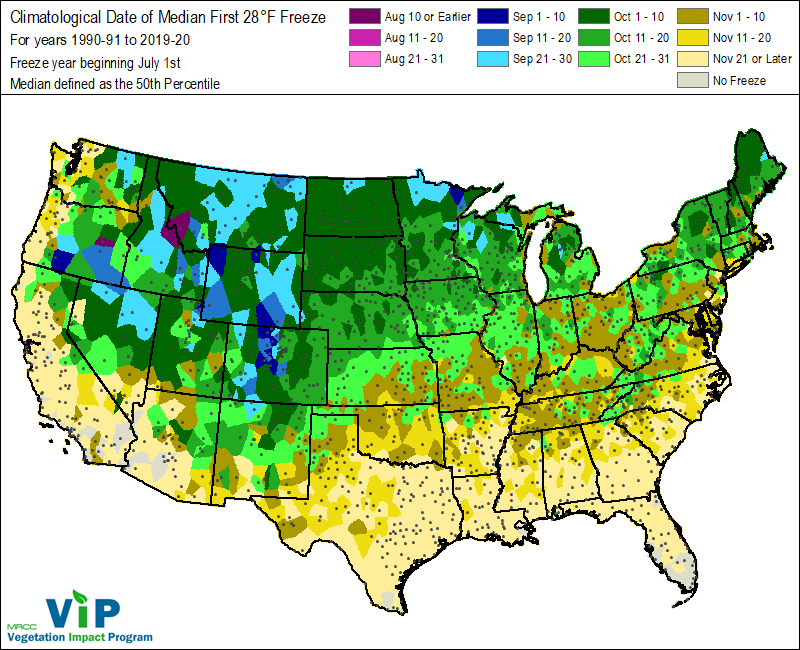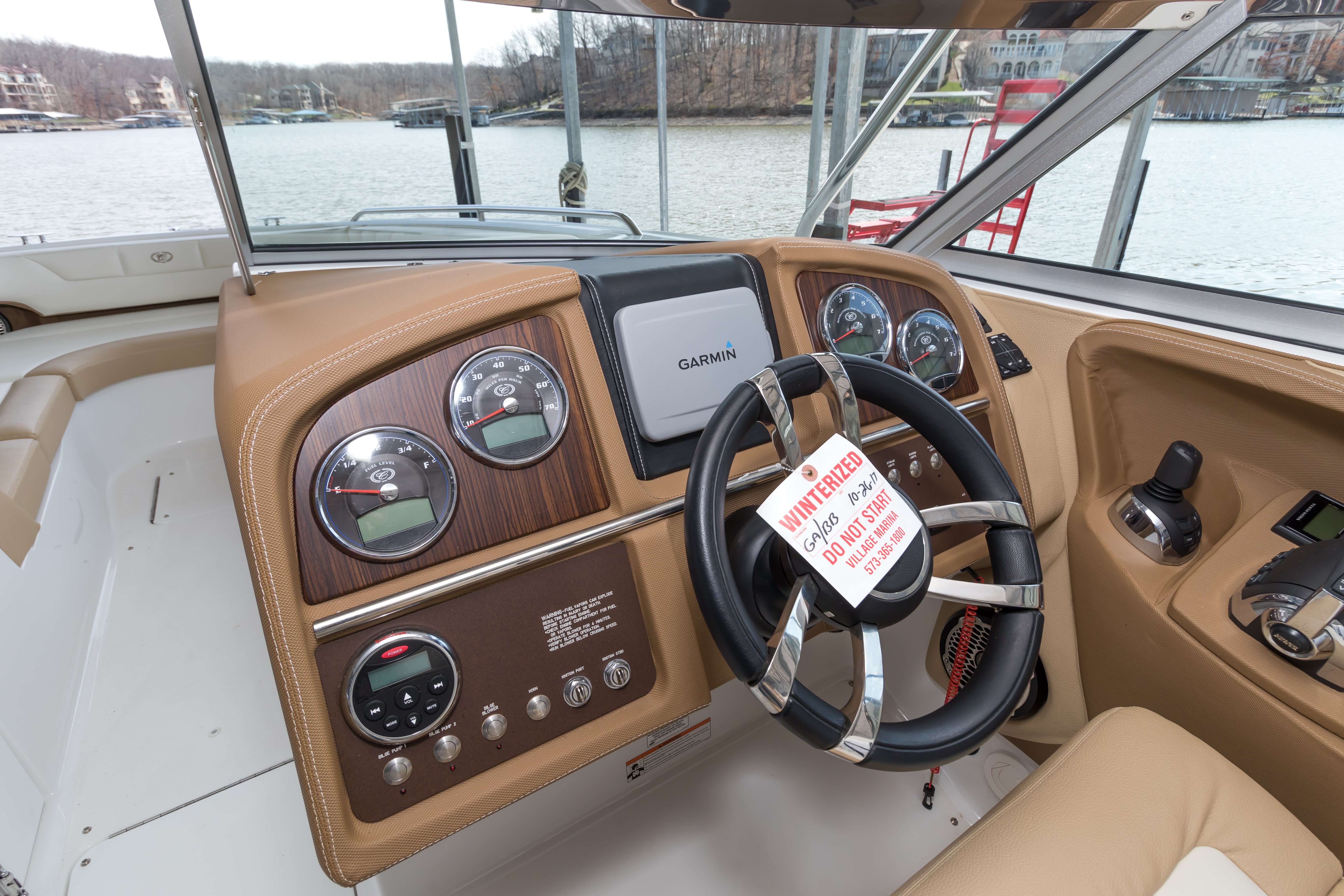October 3, 2022 by Boat Planet
The question of when to winterize your boat is a hot topic on the docks for good reason. The timing is a fine line between getting the most out of a boating season that is never long enough and not playing fast and loose with something as expensive as a boat engine. You will see everything from “do not worry about it” advice to horror stories that will make you want to winterize in September just to be safe.

The answer starts with a few key pieces of data. Here is the straight scoop on when to winterize, as well as important information on how to extend your boating season.
Setting the Date
The first step in boat winterizing, and this will sound like odd advice, is to check with The Old Farmer’s Almanac. It has been predicting the weather since 1782 and has a handy breakdown by city, state, and zip code. Note it uses the term “Frost” to mean a freeze of 29 to 32 degrees Fahrenheit, as this confuses most first-timers.
Additionally, the National Oceanic and Atmospheric Administration (NOAA) provides regional Frost and Freeze maps, as well as the Earliest/Latest Freeze dates for selected cities for the past five years. The NOAA website isn't the easiest to navigate so here's a link to a website that uses their data but makes it easy to search by zip code or city, state.
Once you have reviewed the above information, you can start planning, but keep in mind that this is historical data and an early freeze can quickly destroy an expensive engine. It is a good practice to err on the side of caution.

Additional factors that will come into play include your personal schedule (if you are winterizing yourself) or your mechanic’s schedule (if you are having someone else do the job). If hiring someone, remember that everyone wants to have their boat winterized as late in the season as possible, so call early for the best selection of dates. If you are not going to be using your boat after Labor Day or even sooner for some reason, consider having the winter maintenance done right away. You may get a price break.
Getting a Longer Boating Season
Even those who live in low-temperature locales can have some beautiful, warm winter days perfect for a cruise. If you live in an area where there is not too much snow and the waterways do not freeze, you may want to consider leaving the boat in the water. Using an engine compartment heater like those made by BoatSafe, BoatBilgeHeaters.com, and Xtreme can keep your vessel ready for a quick day trip. A bilge heater can add more comprehensive protection. Here are some of our top picks for a bilge heater:
Besides quick access for winter getaways, there is an added advantage to leaving your boat in the water. Boats stored out of the water are actually more susceptible to damage than those left in the water. This is because boats kept out of the water are completely exposed to freezing air temperatures and do not benefit from the water’s mitigating effect.
A quick note about engine compartment heaters: While many people use them successfully every year, some products that aren’t specifically designed for boats can catch fire, and if the power goes out, a cold snap can destroy an engine. You need to mind your heater carefully.
Winterizing a Small Boat
Owners of small boats have even more options when it comes to getting out on the water during winter. Particularly those who store their boat on a trailer in a garage or in a boat storage facility. But remember, snow or ice is not what freezes a motor. Temperatures dropping below freezing for long periods or dipping way below for just a day are.
If you have a heated garage or storage space, you are pretty much good to go. If your garage is not heated, you can use a portable heater unit or, if your garage is attached to the house, open the home door to the garage if it allows enough warm air to flow in and keep the temperature within a safe range. You may also want to consider insulating the garage door if it is not already.
Some boaters store their boat unwinterized, and ready for use during warm spells, in the garage all winter. Others opt to conserve on the extra expense of constantly heating the space and just do it for an extra month or two, or through the holiday season, then winterize.
No matter what you do, make sure you have backup power for the heat source, as BoatUS Marine Insurance gets many claims for boats after storms took out the electrical power, leaving them without heat.
Simply put, if you do not winterize, you must watch the weather diligently and be ready to take immediate action if the temperature plummets or a storm is predicted.
When, or even whether, to winterize does not need to be a stressful decision. It is simply a matter of getting the data together and knowing your options. How do you usually determine when to winterize, or are you one of those boaters who like to brave the water year-round? Tell us all about it in the comments section.